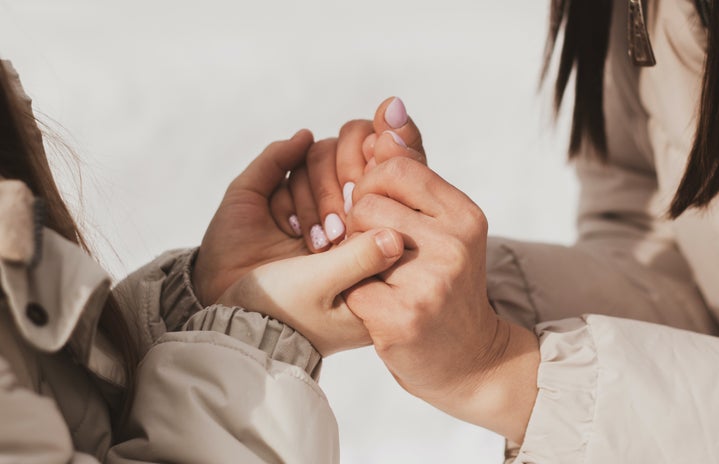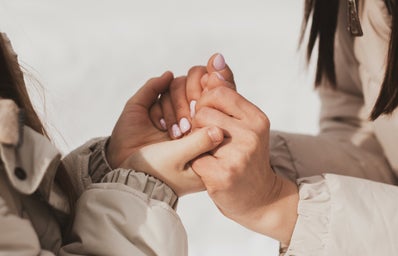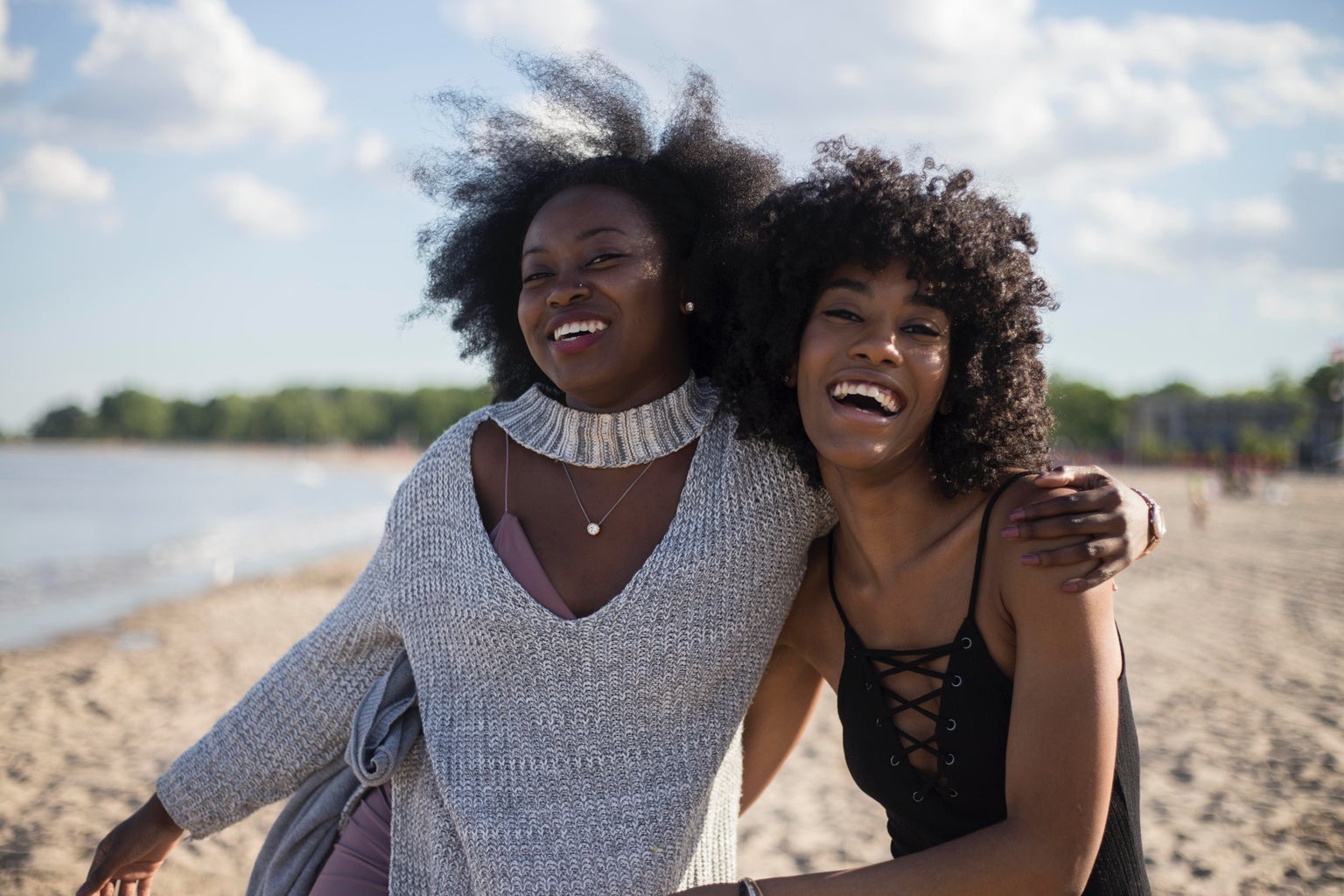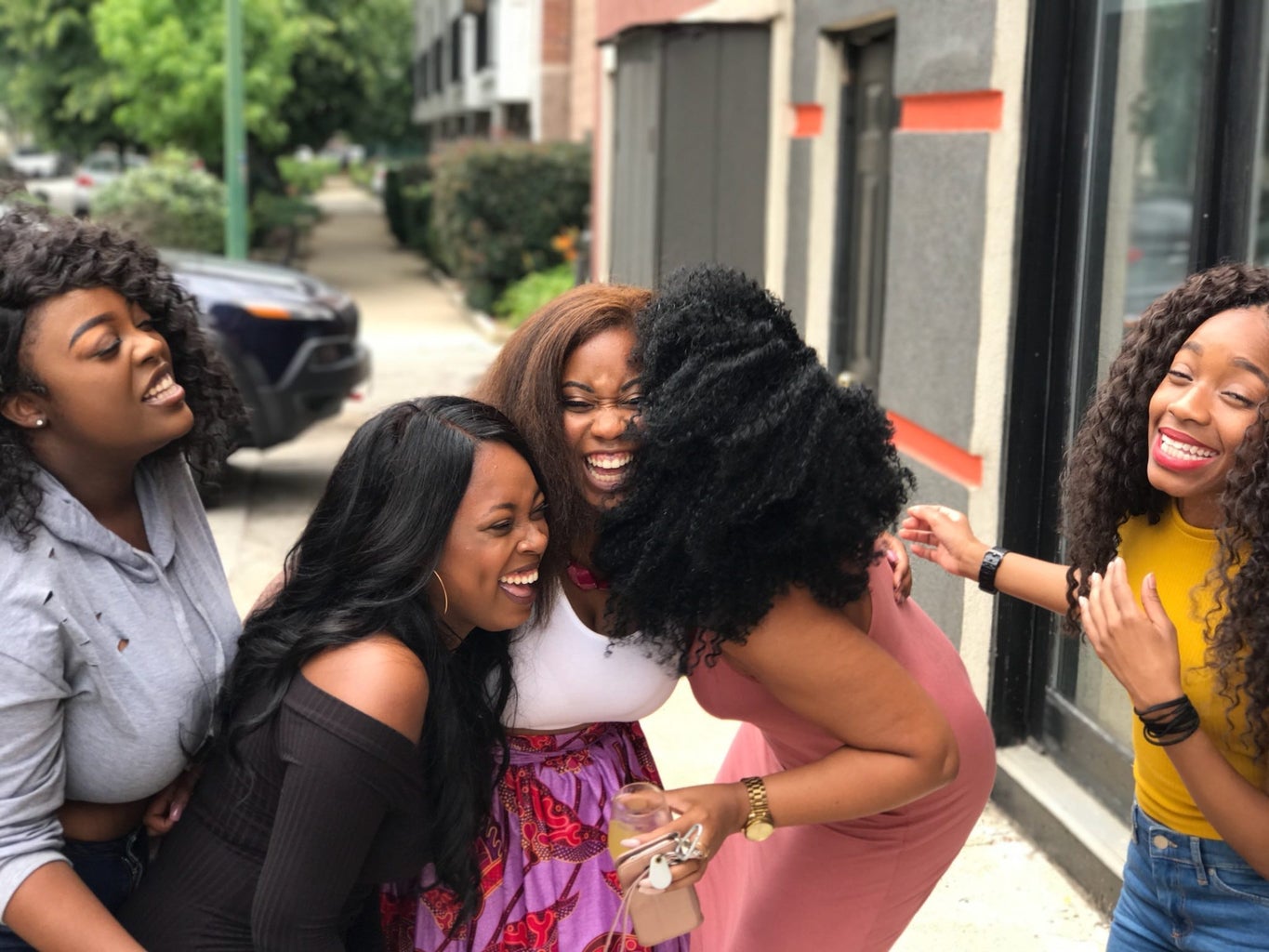As a college student and transfer student, I realized how difficult it can be to make new friends. I am super grateful for the friendships I do have, and I have recognized most of my friends are people I met through classes or clubs. This doesn’t bother me too much because making genuine friends is a process — it takes time and effort! But there’s something else that bothers me: why is this such a relatable experience among college students? One of my friends and I were recently speaking about how in college, we should be building a community so that when we graduate, we will have these lifelong authentic connections. The question is, how can we get to that point?
As college students, we have so much going on, and many responsibilities outside of school, and it can be hard to find time for friends. However, when two people share passions and ideas, the time spent together is limitless when the occasion arises! Friendships are valuable and can turn into family. For many years I have had the fortune to meet great individuals who have impacted my life greatly because of their love and vulnerability within our friendship. We learned to understand each other’s perspectives, look out for one another, be interested in each other’s passions, and respect one another’s boundaries. If you’re looking to make new friends while in college or after, here are some things I’ve learned:
- SPEND TIME ENJOYING YOUR PASSIONS
-
It’s important to spend time doing what you love and enjoy. It’s also important to do things that make you happy, feel good about yourself, and allow for growth. This can be as simple as reading a book or listening to music on headphones while in the library, or simply spending time with friends from class who are also passionate about their studies. I have learned that joining clubs or organizations that are relevant to my interests helps create natural connections with my peers. If you like sports and playing a musical instrument, consider joining the marching band or jazz ensemble at your university. You’ll meet other people who share your interests and become more confident in yourself because of them. Make an effort to find people outside of your major who might be interested in knowing more about what’s going on around campus—they could become great resources for future projects! Look outside of academics as well: it’s important not only to have fun with friends but also to have something to work on; like creative projects, studying together, and so on.
- SURROUND YOURSELF WITH THE RIGHT KIND OF PEOPLE
-
This can be done in a variety of ways, but one way is to make sure you’re around people who are supportive of your goals and dreams. It’s important that these new friendships are made with people who will support you and give advice when needed. Friendships take two people to make space for the other. Remember to be open and honest and acknowledge friendships require patience as well as a connection. It is also important to be positive and supportive of yourself! If you are in a group setting and someone wants to start up some conversations with someone else, then go ahead and join them; this will help build trust and open doors to getting to know someone.
- FRIENDSHIPS TAKE COMMUNICATION, VULNERABILITY, AND TRUST
-
Making friends is a lot of work. It takes time, commitment, and effort on your part to be able to build a friendship with someone. But the payoff is worth it — a close relationship can have benefits beyond just having friends at school. It’s important to note that making friendships isn’t easy: you must be willing to invest in others (and yourself) if you want them as much as they want you. That said, there are some universal truths about making friends that apply across all types of relationships: communication is key; vulnerability and trust are also important parts of any healthy friendship. Friendships are formed organically and sometimes something we never choose or plan; they just develop as we spend time together at parties or work on projects outside of school hours.
- Be authentically yourself
-
People like to be around authentic people. If you are yourself, people will like you for it. Friendships are oftentimes like family, and you will find your “found tribe” through your passions, quirkiness, awkwardness, and personality. Friendships should be built on authentic reality and shaped by your identity. It is all about who you are and attracting people or finding people who understand you and you the same for them.
- Begin your healing journey
-
For those who may have lost long friendships, it can be very difficult and heartbreaking. When you find yourself making friends, understand the new friendships you start to develop have nothing to do with the past ones. You are not alone, and many others feel the same way as you do. Validate those past experiences, journal about your feelings, and work through them. I had long friendships that ended as well, and I learned we outgrew each other, and that it is ok to let go of the friendship.
Learn your attachment style. According to Mental Health Journal Help Guide, it states “attachment theory, pioneered by British psychiatrist John Bowlby and American psychologist Mary Ainsworth, the quality of the bonding you experienced during this first relationship often determines how well you relate to other people and respond to intimacy throughout life.” Based on Bowlby’s theory, there are four attachment styles: secure, anxious, avoidant-dismissive, and avoidant-fearful. When you discover which attachment style you are and work through your triggers, you will notice you can begin to show up whole in your friendships. Be open to learning about yourself and being patient. When I worked through my challenges with my attachment style and opened up to the possibilities of meeting new people, it really changed my perspective on relationships as a whole.
Based on my recipe of making friends through my experiences, these have worked effectively. Just remember making friends takes work, but it’s worth it and easier than you think! I hope that these tips help you regain some of your old friendships and start new ones.
Can’t get enough of HC UMass Amherst? Be sure to follow us on Instagram, listen to us on Spotify, like us on Facebook, and read our latest Tweets!





